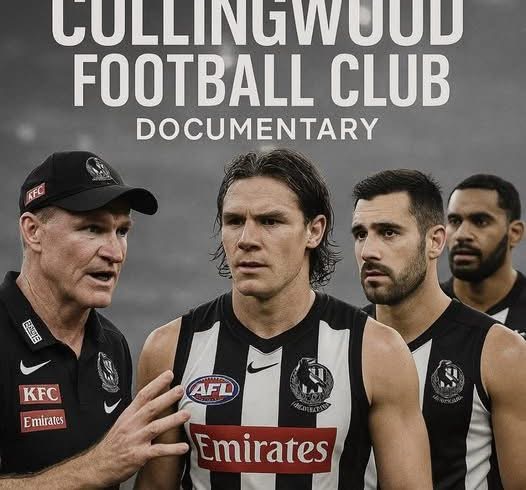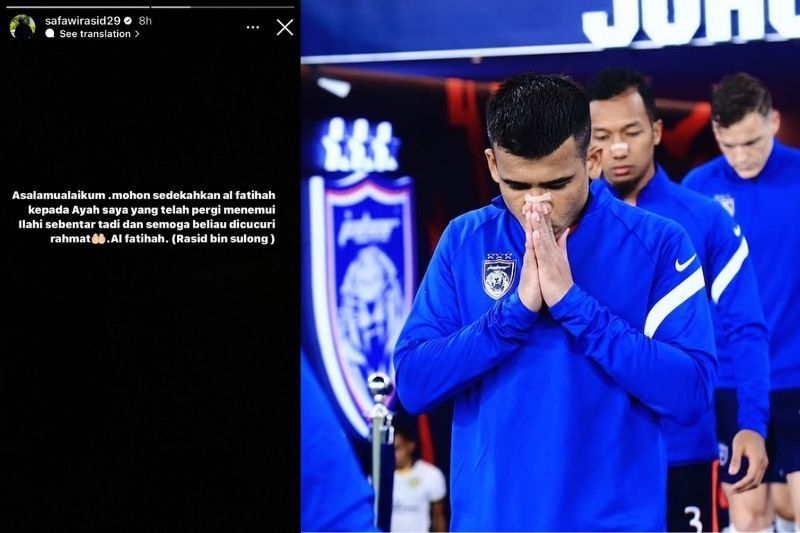The ongoing debate over transgender athletes in women’s sports added another chapter this week, as Olympic gymnastics legend Simone Biles publicly apologized for her recent remarks about former NCAA swimmer and women’s sports advocate Riley Gaines. While Gaines accepted the apology, she made it clear that the two remain sharply divided on the fundamental issue.
What Happened?
It all began when Simone Biles weighed in on the contentious topic of transgender participation in women’s sports, a subject that has grown increasingly polarizing in recent years. Last week, Biles made what she later described as “personal attacks” aimed at Riley Gaines, a vocal opponent of allowing trans women to compete in female sports divisions.
Gaines, a former University of Kentucky swimmer, has made national headlines in recent years for leading the charge against what she calls unfair competition in women’s athletics. She gained prominence after racing against transgender swimmer Lia Thomas and has since become a prominent voice in conservative circles, often appearing on platforms like OutKick to advocate for what she calls “fairness for female athletes.”
Biles — widely regarded as the greatest gymnast of all time — took to social media last week to share her frustrations with what she called “exclusionary” rhetoric, appearing to take direct shots at Gaines personally. However, the backlash came swiftly, with many criticizing Biles for attacking the individual rather than addressing the core issue.
Biles’ Apology
On Tuesday, Simone Biles addressed the controversy, posting a statement on social media expressing regret over her tone. “I let my emotions get the best of me,” Biles wrote, explaining that she was overwhelmed by the intensity of the debate but emphasizing that she still supports inclusion for trans athletes.
“I should’ve never made it personal,” she added. “I apologize to Riley Gaines for crossing that line. I’m learning, listening, and I want to have these conversations in a better way.”
While Biles’ apology focused on mending personal fences, she did not retract her general stance supporting trans women’s inclusion in sports, signaling that philosophical differences between the two remain intact.
Gaines’ Response
Shortly after Biles’ statement, Riley Gaines responded publicly, accepting the apology but doubling down on her position. “I appreciate Simone Biles’ apology for the personal attacks,” Gaines said, “but we still don’t see eye to eye on the fundamental issue at hand.”
Gaines argued that the debate over women’s sports “isn’t about personal feelings or validation” but about protecting competitive fairness and opportunity for biological females.
“Women’s sports can’t be used as an excuse for girls to center the feelings and validation of men and boys,” she said. “I welcome you to the fight to support fair sports and a future for female athletes. Little girls deserve the same shot to achieve that you had.”
Gaines also reiterated that her fight is “not rooted in hatred or exclusion,” but rather in safeguarding the integrity of female athletic competition — a stance that has earned both fierce support and harsh criticism across the political spectrum.
The Bigger Picture
This clash between two high-profile female athletes underscores just how divided the sports world remains on the question of transgender participation. Both women, trailblazers in their respective sports, have now become symbols of opposing sides of this heated national conversation.
Biles’ apology may have cooled some of the personal tension, but it’s clear that the broader debate over fairness, inclusion, and the future of women’s sports is far from over.
As more athletes, organizations, and governing bodies weigh in, the battle between inclusion and fairness in sports seems poised to remain one of the defining cultural flashpoints of the coming years.

